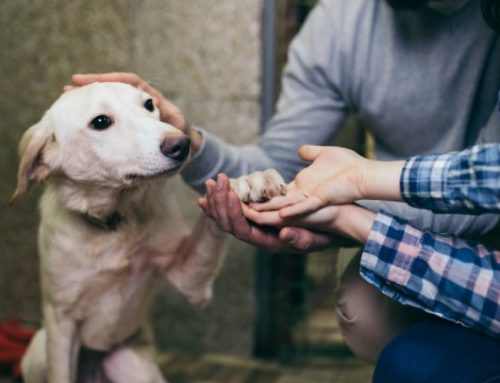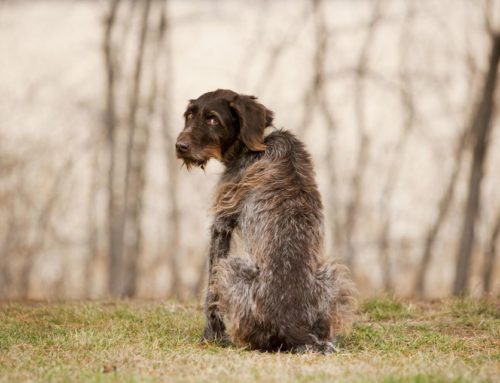World Animal Net
Today World Animal Net is the world’s largest network of animal protection societies with over 3,000 affiliates in more than 100 countries and special consultative status at the United Nations.
World Animal Net (WAN) was established in 1997 to improve communication and coordination among the world’s animal protection groups.
WAN works from offices in the United Kingdom, The Netherlands, the United States and South Africa. WAN’s work is primarily conducted by experts and consultants from around the world who donate their time and expertise.
At World Animal Net we work to empower the animal protection community in its work by providing support and expertise that can be practically applied by organizations working in the field.
To this end, we develop programs that can be used by animal protection organizations to further their work and improve their results. These programs include our free course on Strategic Advocacy, guidance on building Consortiums and Collaborations, and our work on Constitutions and Legislation, projects which promote: the official recognition of animals as sentient beings worthy of inclusion in constitutions and charters at all levels, and the development of modern comprehensive legislation which is effectively enforced.
Developments in Animal Welfare and Science
Animal welfare is increasingly acknowledged as an issue of major ethical and practical importance. Science has now confirmed that the sentient non-human animals who share our planet (and sometimes our lives) also share with us consciousness, emotions, feelings, perceptions – and the ability to experience pain, suffering and states of well-being. They are not ‘objects’ or ‘things’, and have not been considered as such in this Model Animal Welfare Act (Model AWA). Just like us they have biologically-determined natures, instincts and needs which are important to them. This underlines the necessity to acknowledge each individual animal’s intrinsic value, and the fact that every single animal is not only worthy of respect and care, but also deserves to live a life that is meaningful without unnecessary human exploitation or interference.






Leave A Comment
You must be logged in to post a comment.